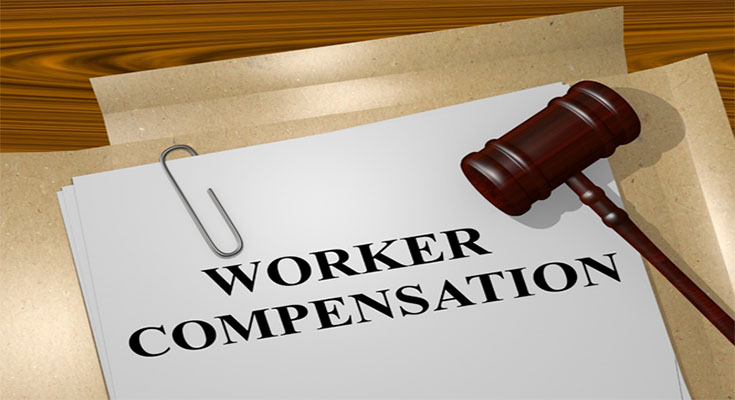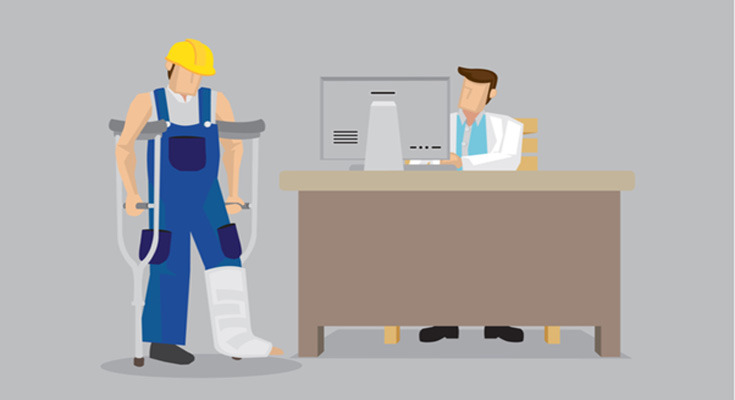
How to Avoid Paying Worker’s Compensation
Employers can avoid paying workers’ compensation insurance by forcing injured employees to return to work after being out injured. Although an employer may say the injured worker won’t have to perform their regular duties, an injury sustained during employment will likely result in a worse condition. Moreover, they may offer regular wages, which are not enough to cover the cost of future medical care. In addition, regular wages do not protect the injured employee from termination, and the employer may even threaten to terminate the employee unless they give up.
Can an employer stop paying workers’ compensation?
Can an employer stop paying workers’ compensation if you’re injured at work? There are two common situations when an injured worker can be fired and no longer receive compensation benefits. When an employer wants to stop paying benefits, they must provide the injured worker with a Notice of Suspension. If the injured worker …
How to Avoid Paying Worker’s Compensation Read More


